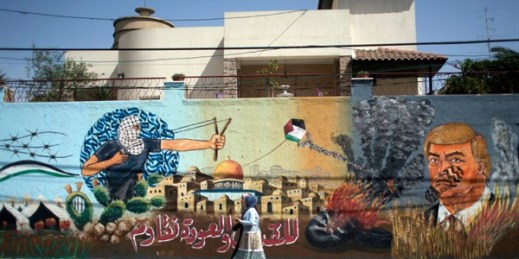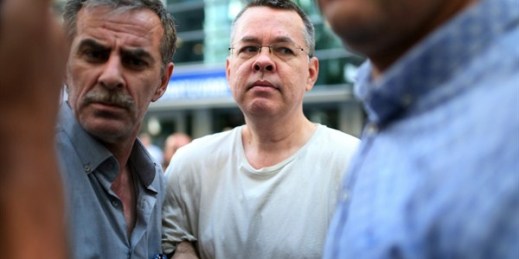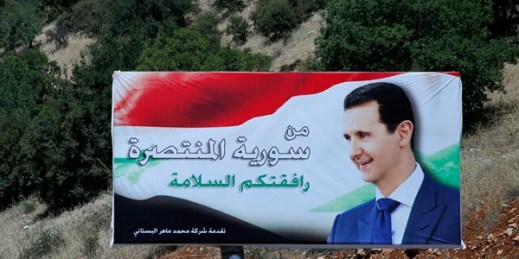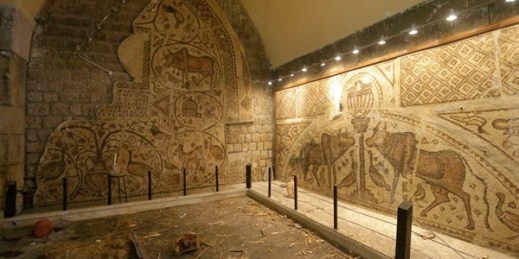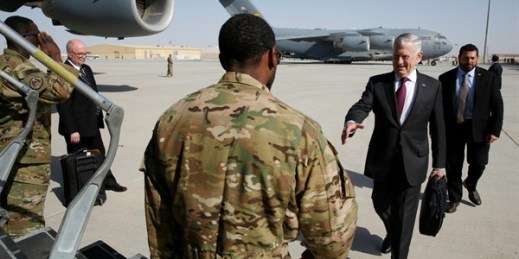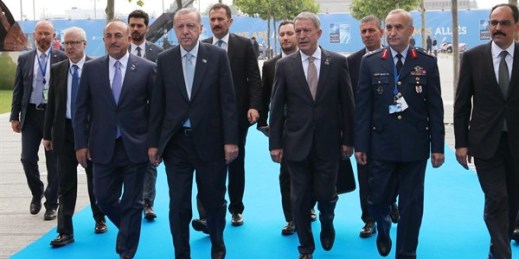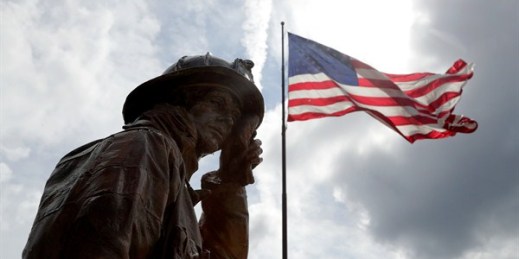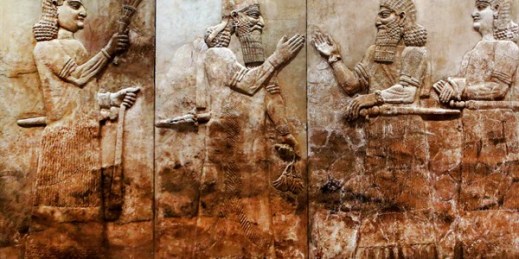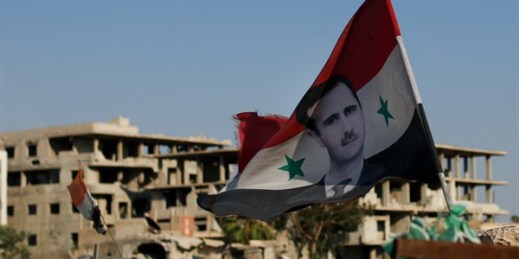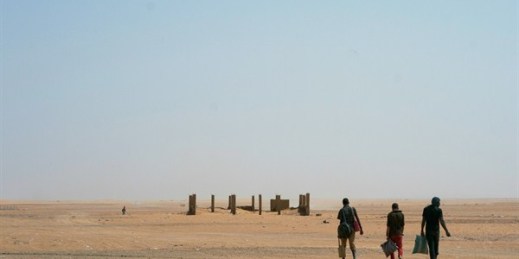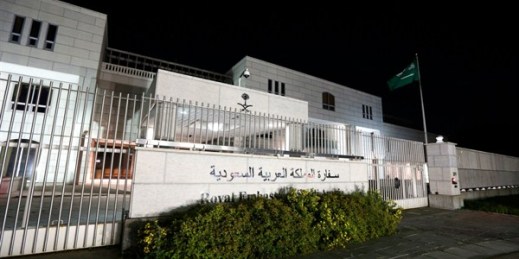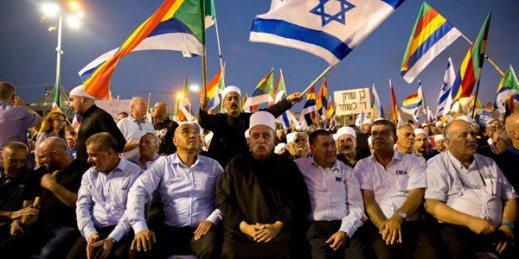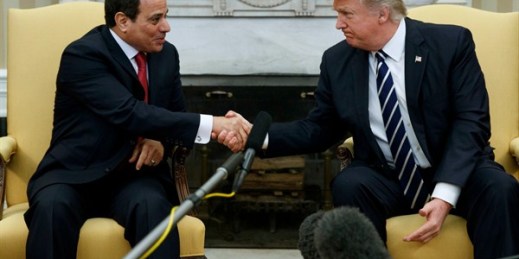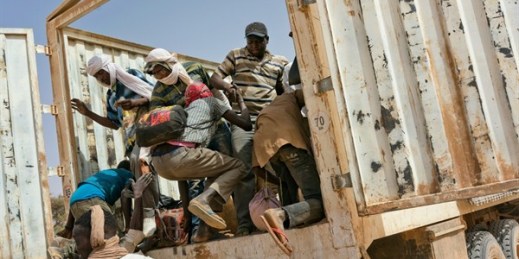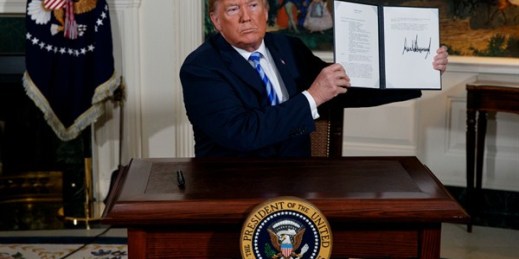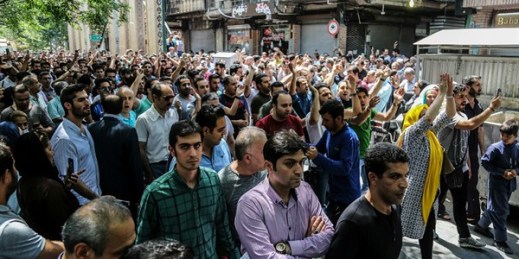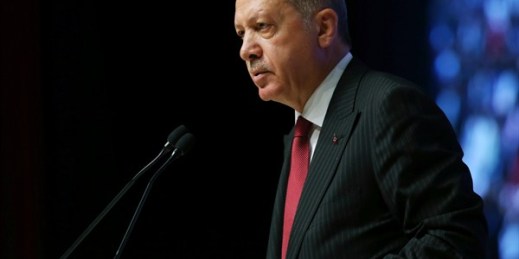
Turkey is enduring its most severe economic crisis since the Justice and Development Party, or AKP, took power after sweeping elections in 2002. With a nearly 40 percent decline in the value of the Turkish lira this year, Turkey’s foreign exchange troubles risk plunging the heavily leveraged Turkish economy, and with it potentially the global economy, into a tailspin. On one hand, it’s a typical post-Cold War financial crisis in an emerging market whose economic prospects have always been volatile, with high risks and high rewards. On the other hand, the lira’s collapse is the product of a constellation of […]

